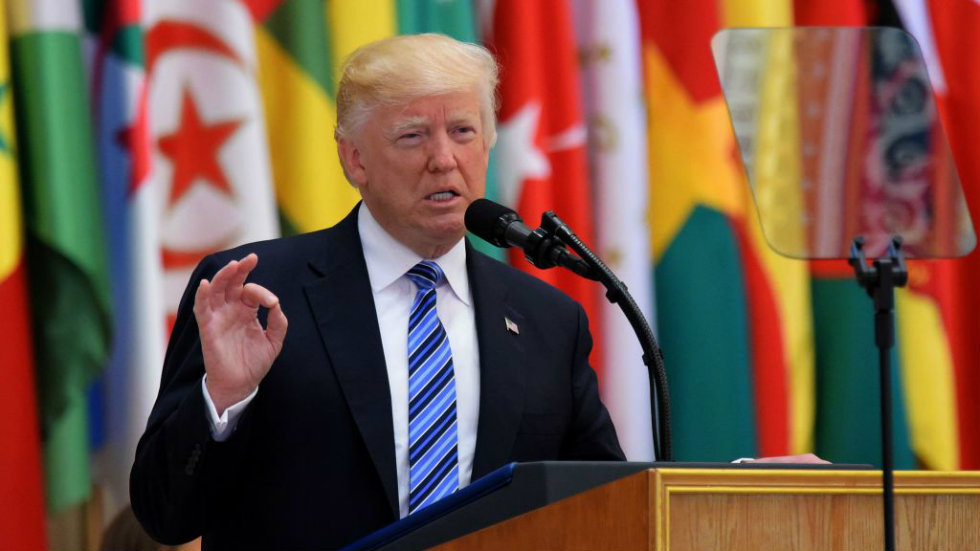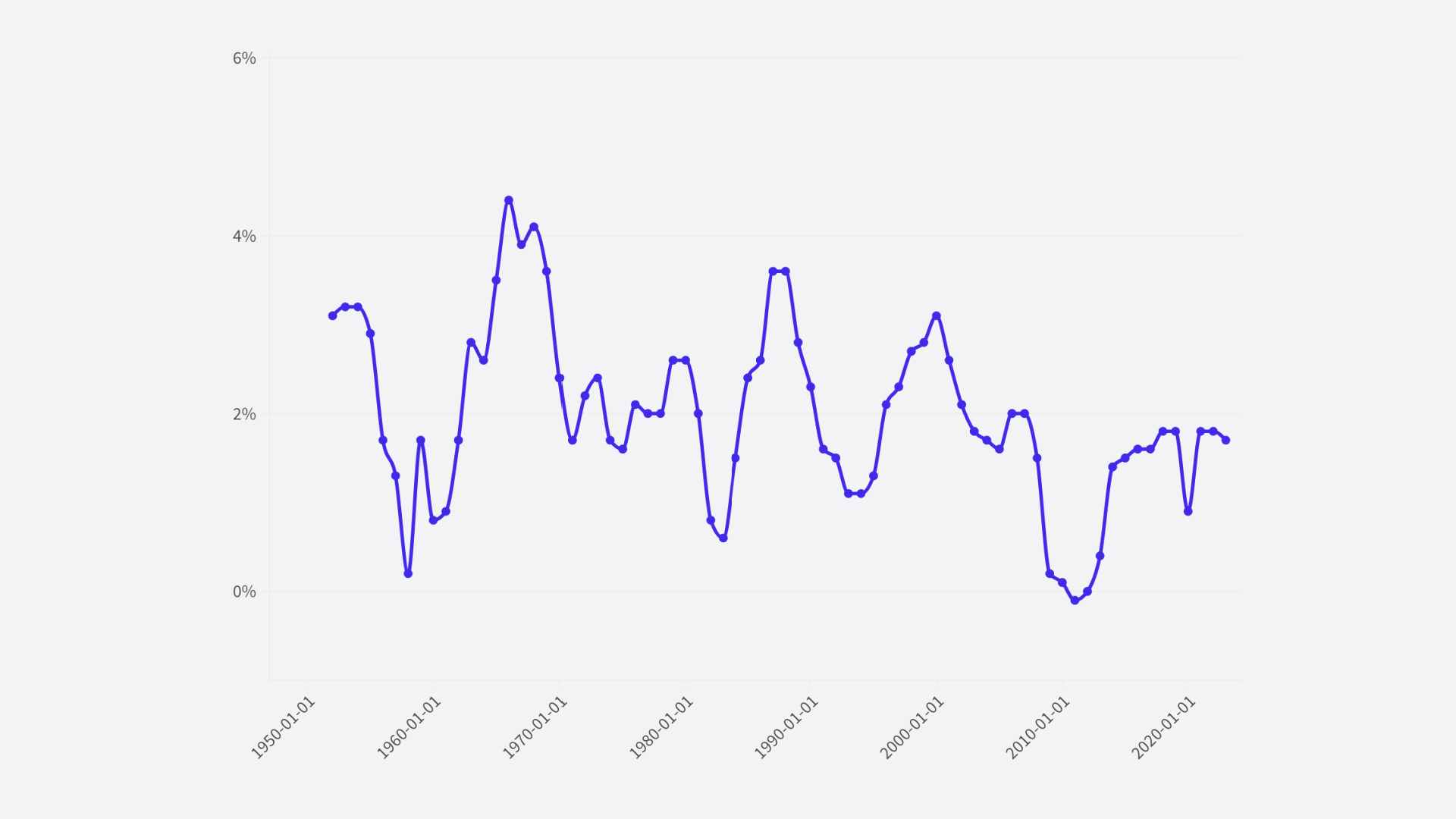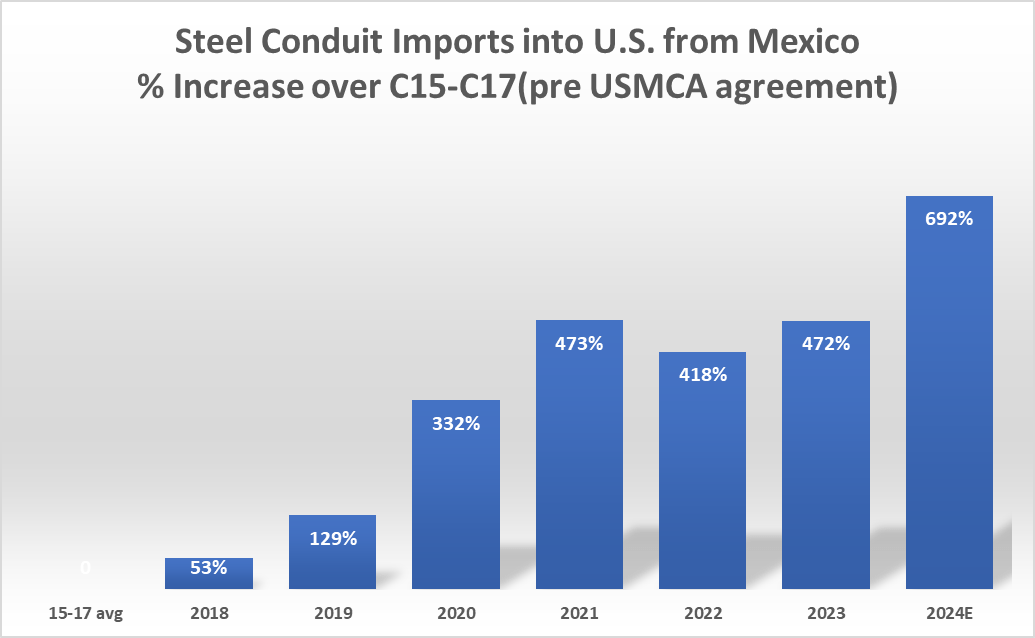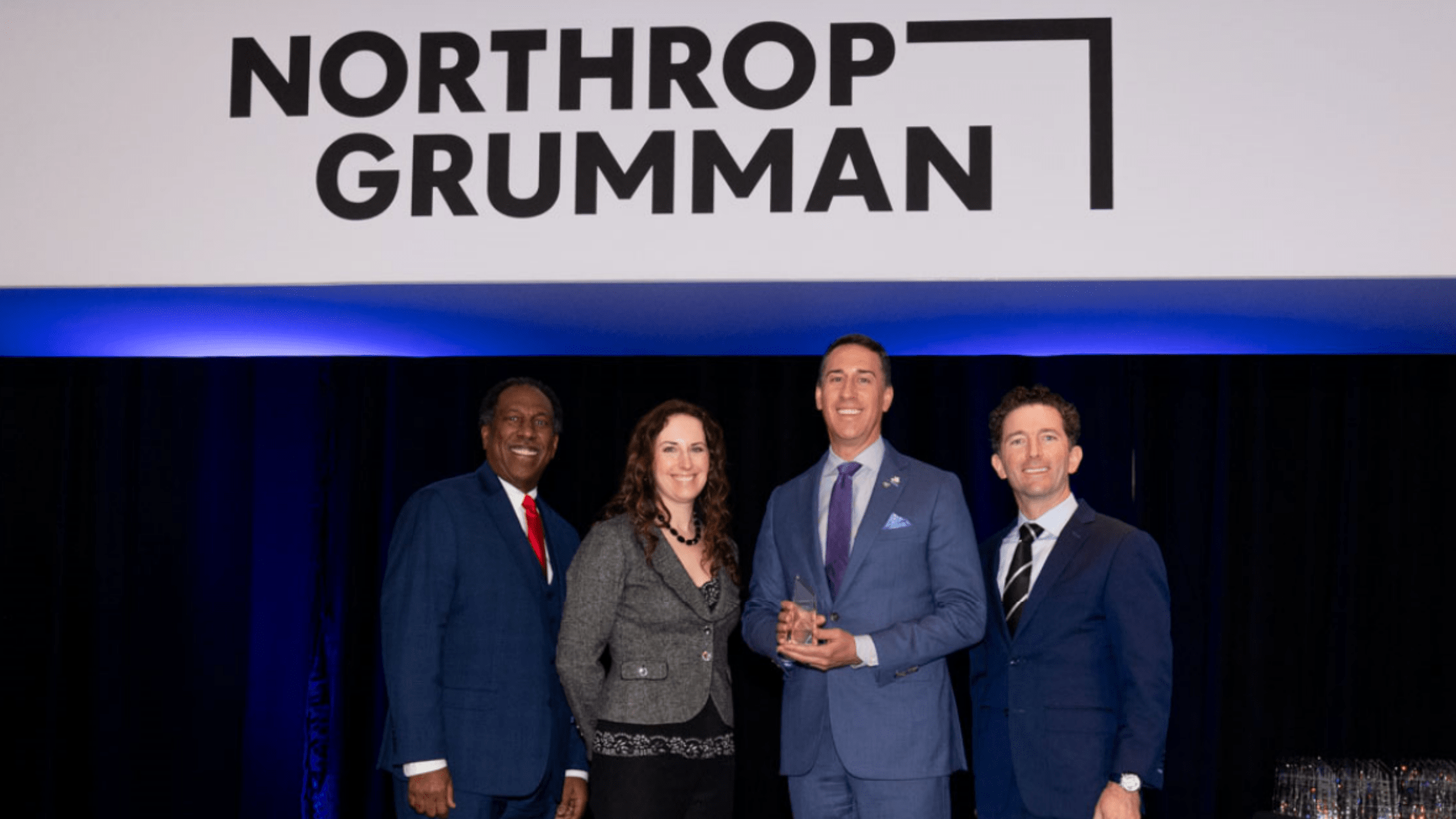At last week’s APEC (The Asia-Pacific Economic Cooperation) summit, President Trump laid out his administration’s views on future trade policy in more detail than we’ve seen before in a public address. Below is the trade related excerpt of the November 10 speech.
…
At the core of this partnership, we seek robust trade relationships rooted in the principles of fairness and reciprocity. When the United States enters into a trading relationship with other countries or other peoples, we will, from now on, expect that our partners will faithfully follow the rules just like we do. We expect that markets will be open to an equal degree on both sides, and that private industry, not government planners, will direct investment.
Unfortunately, for too long and in too many places, the opposite has happened. For many years, the United States systematically opened our economy with few conditions. We lowered or ended tariffs, reduced trade barriers, and allowed foreign goods to flow freely into our country.
But while we lowered market barriers, other countries didn’t open their markets to us.
AUDIENCE MEMBER: (Inaudible.)
PRESIDENT TRUMP: Funny. They must have been one of the beneficiaries. (Applause.) What country do you come from, sir?
Countries were embraced by the World Trade Organization, even if they did not abide by its stated principles. Simply put, we have not been treated fairly by the World Trade Organization. Organizations like the WTO can only function properly when all members follow the rules and respect the sovereign rights of every member. We cannot achieve open markets if we do not ensure fair market access. In the end, unfair trade undermines us all.
The United States promoted private enterprise, innovation, and industry. Other countries used government-run industrial planning and state-owned enterprises.
We adhered to WTO principles on protecting intellectual property and ensuring fair and equal market access. They engaged in product dumping, subsidized goods, currency manipulation, and predatory industrial policies.
They ignored the rules to gain advantage over those who followed the rules, causing enormous distortions in commerce and threatening the foundations of international trade itself.
Such practices, along with our collective failure to respond to them, hurt many people in our country and also in other countries. Jobs, factories, and industries were stripped out of the United States and out of many countries in addition. And many opportunities for mutually beneficial investments were lost because people could not trust the system.
We can no longer tolerate these chronic trade abuses, and we will not tolerate them. Despite years of broken promises, we were told that someday soon everyone would behave fairly and responsibly. People in America and throughout the Indo-Pacific region have waited for that day to come. But it never has, and that is why I am here today — to speak frankly about our challenges and work toward a brighter future for all of us.
I recently had an excellent trip to China, where I spoke openly and directly with President Xi about China’s unfair trade practices and the enormous trade deficits they have produced with the United States. I expressed our strong desire to work with China to achieve a trading relationship that is conducted on a truly fair and equal basis.
The current trade imbalance is not acceptable. I do not blame China or any other country, of which there are many, for taking advantage of the United States on trade. If their representatives are able to get away with it, they are just doing their jobs. I wish previous administrations in my country saw what was happening and did something about it. They did not, but I will.
From this day forward, we will compete on a fair and equal basis. We are not going to let the United States be taken advantage of anymore. I am always going to put America first the same way that I expect all of you in this room to put your countries first. (Applause.)
The United States is prepared to work with each of the leaders in this room today to achieve mutually beneficial commerce that is in the interest of both your countries and mine. That is the message I am here to deliver.
I will make bilateral trade agreements with any Indo-Pacific nation that wants to be our partner and that will abide by the principles of fair and reciprocal trade. What we will no longer do is enter into large agreements that tie our hands, surrender our sovereignty, and make meaningful enforcement practically impossible.
Instead, we will deal on a basis of mutual respect and mutual benefit. We will respect your independence and your sovereignty. We want you to be strong, prosperous, and self-reliant, rooted in your history, and branching out toward the future. That is how we will thrive and grow together, in partnerships of real and lasting value.
But for this — and I call it the Indo-Pacific dream — if it’s going to be realized, we must ensure that all play by the rules, which they do not right now. Those who do will be our closest economic partners. Those who do not can be certain that the United States will no longer turn a blind eye to violations, cheating, or economic aggression. Those days are over.
We will no longer tolerate the audacious theft of intellectual property. We will confront the destructive practices of forcing businesses to surrender their technology to the state, and forcing them into joint ventures in exchange for market access.
We will address the massive subsidizing of industries through colossal state-owned enterprises that put private competitors out of business — happening all the time.
We will not remain silent as American companies are targeted by state-affiliated actors for economic gain, whether through cyberattacks, corporate espionage, or other anti-competitive practices. We will encourage all nations to speak out loudly when the principles of fairness and reciprocity are violated.
We know it is in America’s interests to have partners throughout this region that are thriving, prosperous, and dependent on no one. We will not make decisions for the purpose of power or patronage. We will never ask our partners to surrender their sovereignty, privacy, and intellectual property, or to limit contracts to state-owned suppliers.
…













